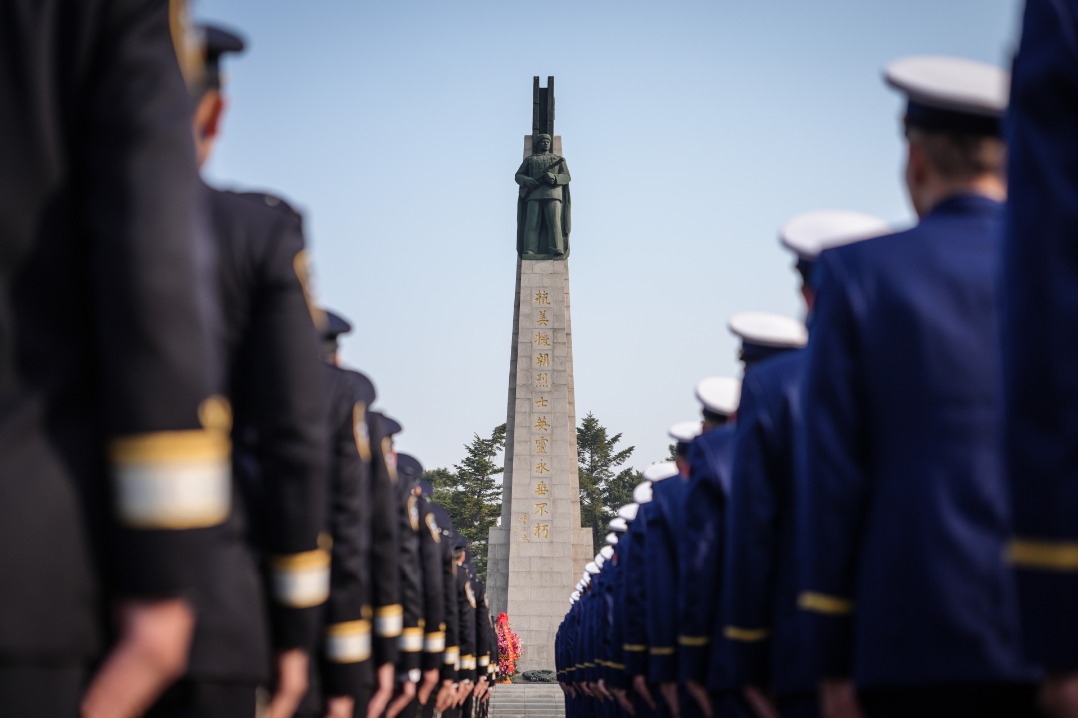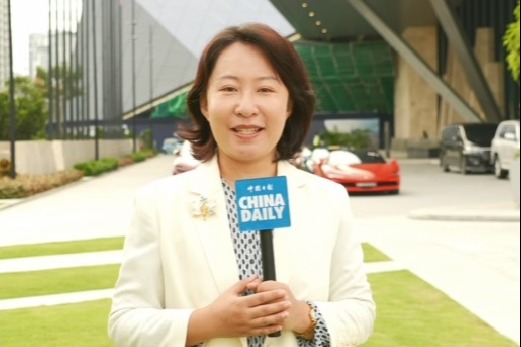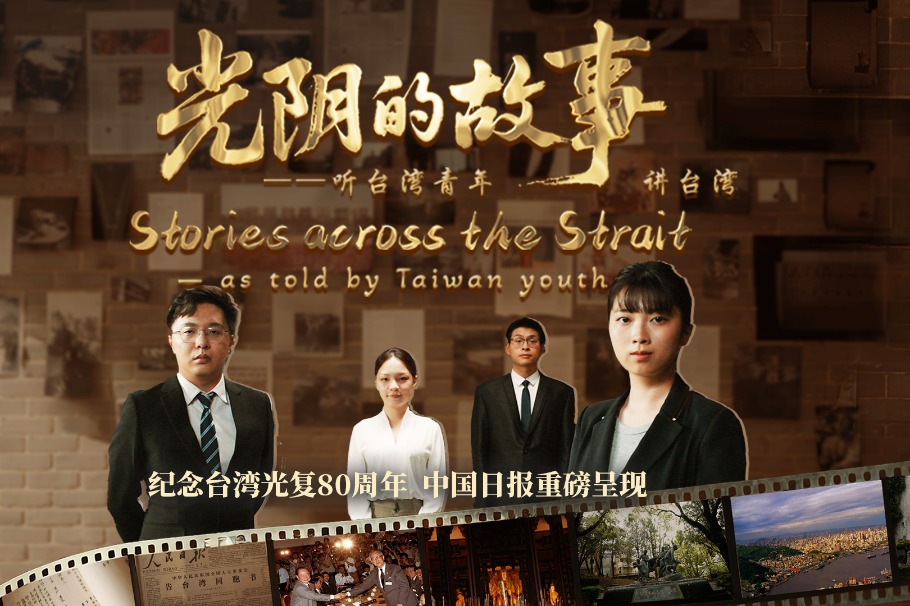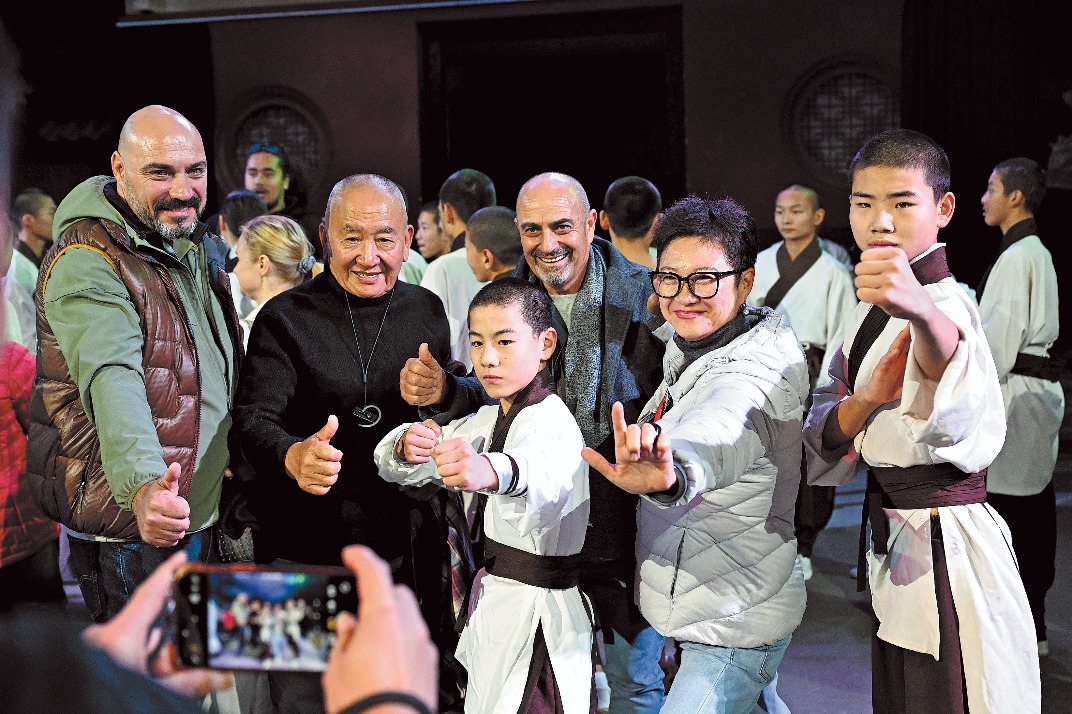Xi Jinping -- advocate for a fairer world

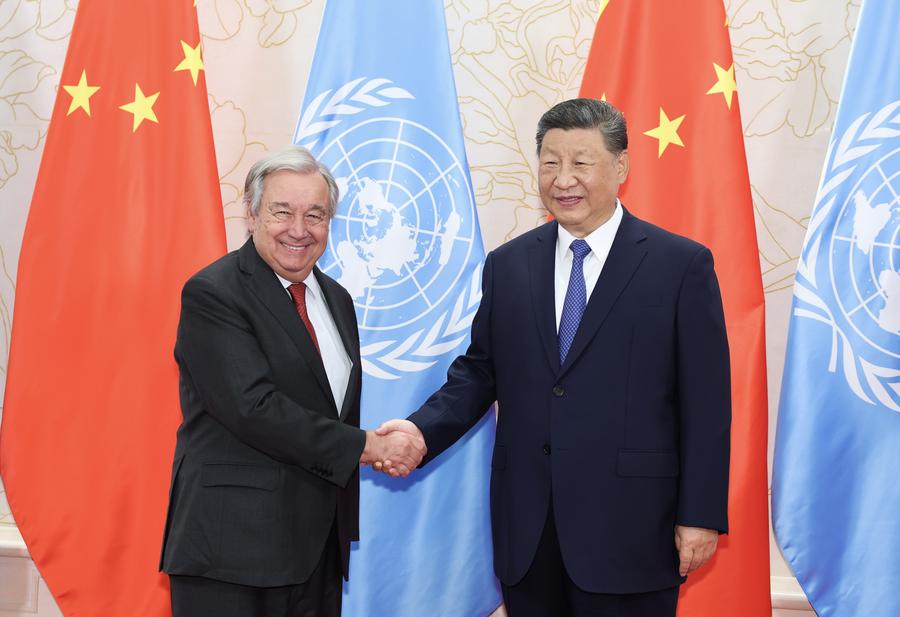
The end of the World Anti-Fascist War, or WWII, set the stage for a rebirth of the international order. From the ruins emerged the United Nations in 1945, with its Charter enshrining sovereign equality, non-interference and the peaceful settlement of disputes -- a landmark break from centuries of the law of the jungle where "might is right."
As this year marks the 80th anniversary of the United Nations, Xi has urged revitalizing the world body under the new circumstances, enabling it to serve as the primary platform for countries to coordinate actions and jointly address challenges.
His message also reflects some acute present challenges facing the world order today. As Xi has observed, unilateralism, hegemonism, as well as bullying and coercive practices are severely undermining peace, justice and equality in the world.
Xi offered his explicit perspective. "The strong should not bully the weak," he said. "Decisions should not be made by simply showing off strong muscles or waving a big fist. Selective multilateralism should not be our option."

Under Xi's leadership, China has stepped up global peace efforts by following true multilateralism -- taking part in UN peacekeeping missions, advancing the Shanghai Cooperation Organization's anti-extremism convention, mediating Saudi-Iran reconciliation, supporting the establishment of the "Friends for Peace" Group on the Ukraine Crisis, and co-founding the International Organization for Mediation in Hong Kong with 32 nations.
"China will never seek hegemony, nor does it believe in a zero-sum," Xi has vowed. "Such notions have never been part of China's cultural DNA, nor is there any such ambition."
Brazilian President Luiz Inacio Lula da Silva once remarked on Xi's strong sense of justice.
He told Xi: "you have been an inspiration for the profound changes humanity must pursue -- to speak more of peace than of war, to cooperate more than compete, and to create more than destroy."














